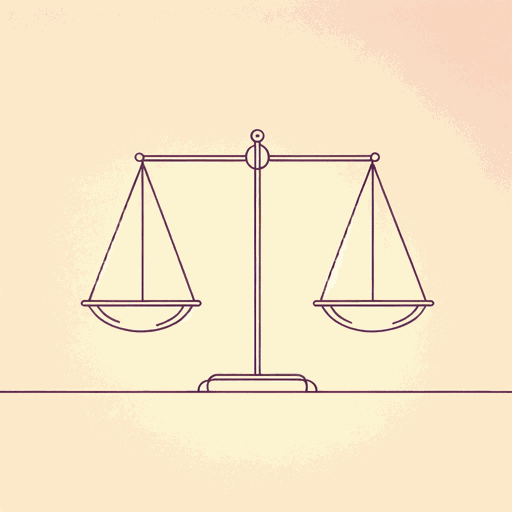50 pages • 1 hour read
John RawlsJustice as Fairness: A Restatement
Nonfiction | Book | Adult | Published in 2001A modern alternative to SparkNotes and CliffsNotes, SuperSummary offers high-quality Study Guides with detailed chapter summaries and analysis of major themes, characters, and more.
Part 5Chapter Summaries & Analyses
Part 5: “The Question of Stability”
Part 5, Section 54 Summary and Analysis: “The Domain of the Political”
The final section addresses the question of whether justice as fairness can provide a stable framework for society over time. The original position demands a very precise and admittedly unrealistic view of human psychology in order to arrive at Rawls’s conception of justice in the first place, and so he needs to determine if his principles can sustain the realities of human nature. He reiterates that his understanding of justice applies only to political life and presumes coexistence with a variety of other moral beliefs. It prevails over those other values only on matters of constitutional essentials, but only if they come into direct conflict. It is therefore unreasonable for citizens to attempt to impose moral values upon one another, since the entire society is designed to protect each of their rights to define and pursue what is good.
Part 5, Section 55 Summary and Analysis: “The Question of Stability”
In addition to refraining from imposing one’s views upon others, the citizens of a just and democratic society should also affirm what they hold in common. Citizens must believe that justice as fairness is the right way to order their society and not simply resign themselves to it as the last available alternative. Since justice as fairness cannot supply their bedrock moral foundations, they must harbor reasonable moral doctrines, which are consonant with justice as fairness, producing an
Related Titles
By John Rawls



